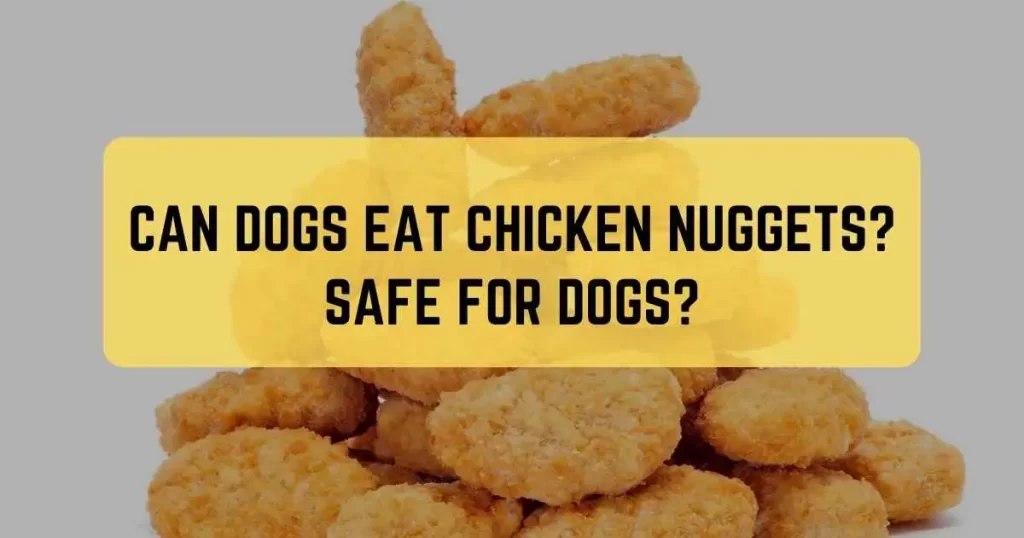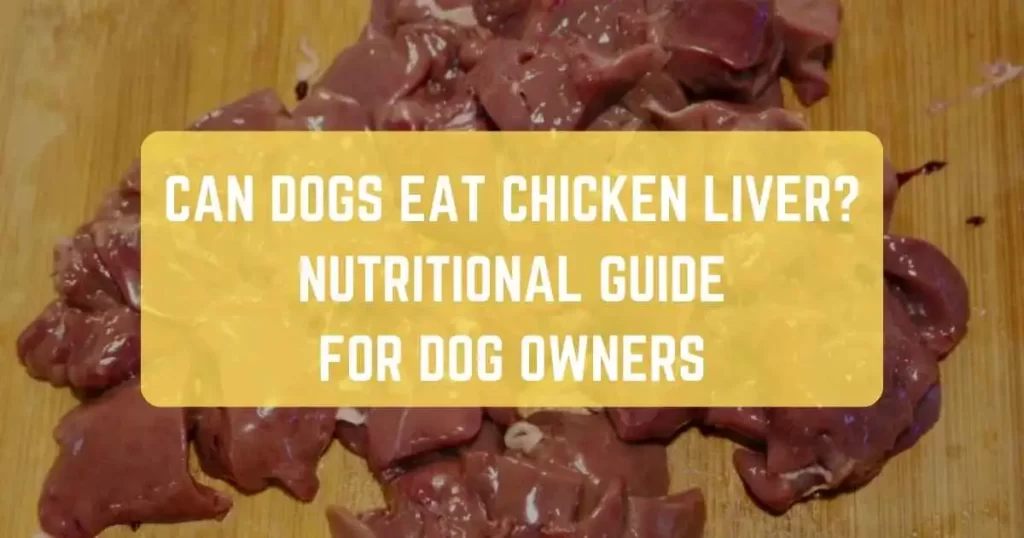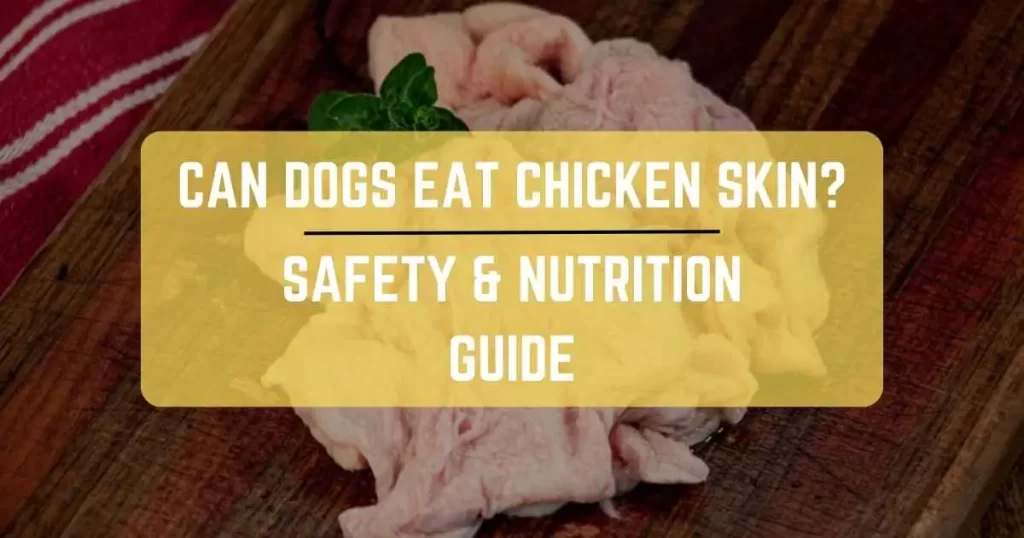
If you’re a dog owner and a fan of the exotic durian fruit, you might be wondering if you can share this tropical delicacy with your furry friend. Durian, known as the “king of fruits,” is a staple in Southeast Asia, celebrated for its unique flavor and potent smell.
However, before you decide to let your dog indulge in this smelly fruit, it’s essential to consider both the potential benefits and risks.
Can Dogs Eat Durian?
Yes, dogs can eat durian, but with caution. While the flesh can offer vitamins and minerals, the seeds contain cyanide, a toxin that can be harmful. It’s crucial to remove seeds and skin, feed in small portions, and monitor for any adverse reactions.
Benefits of Durian For Your Dog
Durian fruit is not only a treat for humans; it can also offer some benefits to your four-legged companion when given in moderation. Here are some of the advantages:
- Vitamin C Boost: Durian is rich in vitamin C, which can help boost your dog’s immune system and overall health.
- Source of Nutrients: The flesh of durian contains essential vitamins and minerals, including thiamin and folic acid, which can contribute to your dog’s well-being.
- Taste Sensation: Some dogs love the taste of durian, making it a delightful occasional treat for them.
- High in Fat: While high-fat content can be a risk (which we’ll discuss later), it can also be beneficial for dogs that need to gain weight or have a high-energy lifestyle.
However, it’s crucial to remember that these benefits should be weighed against the potential risks.
Potential Risks of Durian For Your Dog
As much as dogs might like durian, there are significant risks associated with feeding them this fruit. Here are some potential dangers to consider:
- Cyanide Concerns: Durian seeds contain cyanide, which can be poisonous to dogs if consumed in large quantities. Cyanide interferes with the body’s ability to transport oxygen and can be fatal.
- Gastrointestinal Upset: The flesh of the durian is high in fat, and consuming too much can lead to gastrointestinal upset in dogs, causing symptoms like vomiting and diarrhea.
- Allergic Reactions: Just like humans, some dogs may be allergic to durian, leading to skin problems, itching, or digestive issues.
- Obesity Risk: Due to its high sugar and fat content, frequent consumption of durian can contribute to obesity in dogs, especially in sedentary pets.
What If My Dog Ate Durian Seed?
If your dog has eaten a durian seed, it’s a cause for concern. Durian seeds contain cyanide, which can be toxic to dogs in large quantities. It’s essential to contact your veterinarian immediately for guidance and potential treatment to ensure your dog’s safety and well-being. Prompt action is crucial when dealing with potential cyanide ingestion from durian seeds.
Why Do Some Dogs Hate Durian?
Dogs may dislike durian due to its pungent odor and strong flavor. Their sensitive noses, which are far more powerful than humans, can find the fruit’s smell overwhelming.
Additionally, the spiky outer skin and large seeds of durian can make it challenging for dogs to consume comfortably. While some dogs might be curious and taste it, the overall intense sensory experience of durian may not align with their preferences.
It’s essential to remember that each dog’s tastes can vary, and some may not mind the fruit at all.
How to Feed Durians to Your Dogs?
If you’re determined to share some durian with your furry friend, it’s vital to follow these guidelines to ensure their safety:
- Remove Seeds and Skin: Before offering durian to your dog, make sure to remove the seeds and skin. The seeds contain cyanide, and the spiky skin can be challenging for your dog to digest. Only feed them the flesh of the fruit.
- Small Amounts: Start with a small amount of durian to see how your dog reacts. A small cube or two is a good initial portion size.
- Observe for Reactions: Watch your dog closely after they taste durian. Look for signs like vomiting, diarrhea, or allergic reactions. If you notice any adverse effects, consult your veterinarian immediately.
- Occasional Treat: Durian should only be an occasional treat. It’s not suitable for daily consumption due to its high fat and sugar content.
How Much Durian Fruit Can Dogs Eat?
To help you gauge the appropriate portion size for your dog, here’s a rough guideline:
| Dog Size | Durian Portion Size |
| Small Breeds | A small cube or less |
| Medium Breeds | A few small cubes |
| Large Breeds | A larger portion |
Remember that individual dogs may react differently, so it’s crucial to monitor your pet closely and adjust the portion size accordingly.
Alternatives to Feeding Your Dog Durian Fruit
If you’re concerned about the potential risks of feeding your dog durian, there are safer fruit alternatives to consider:
- Apples: These are a great source of vitamins and fiber.
- Bananas: High in potassium and easily digestible.
- Blueberries: Rich in antioxidants and low in calories.
- Watermelon: Hydrating and low in calories.
These fruits offer a safer way to treat your dog to a fruity snack without the risks associated with durian.
Final Thoughts – Safe For Dogs?
In conclusion, the decision to let your dog eat durian fruit should not be taken lightly. While it may be a tempting treat due to its unique flavor and potential health benefits, it comes with significant risks. Before giving your dog durian, consult your vet to ensure it’s safe for your specific pet.
Remember, it’s crucial to remove the seeds and skin, offer it in moderation, and closely monitor your dog for any adverse reactions. While some dogs may enjoy the taste, it’s best to explore safer fruit alternatives that won’t put your furry friend’s health at risk.
Ultimately, the well-being of your dog should always be your top priority.
Frequently Asked Questions
Can Dogs Eat Durian Flavor?
No, dogs should not consume durian flavor or any artificial flavorings. While real durian fruit in moderation may be safe for some dogs, artificial flavors often contain additives that can be harmful to pets. It’s best to avoid such products to protect your dog’s health.
Can Dogs Eat Durian Seeds?
No, dogs should never eat durian seeds. Durian seeds contain cyanide, a poisonous compound that can be lethal to dogs if ingested. Always ensure that your dog does not have access to durian seeds to prevent any potential health risks.
Can Dogs Eat Durian Candy?
No, dogs should not eat durian candy. Durian candy is generally high in sugar, artificial ingredients, and additives that can be harmful to dogs. Therefore, it’s best to keep durian candy out of their reach and stick to safer treat options.
Can Dogs Eat Durian Cake?
No, it’s not safe for dogs to eat durian cake. Most cakes contain high levels of sugar, which can lead to obesity and other health issues in dogs. Additionally, some ingredients in cakes, like chocolate, can be toxic to dogs.
Can Dogs Eat Durian Chips?
No, dogs should not consume durian chips as a regular part of their diet. These chips are often high in fats, sugars, and artificial additives that can be harmful to dogs. While a tiny taste may not harm them, it’s best to provide healthier, dog-friendly treats for your pet’s well-being.
Can Dogs Eat Durian Ice Cream?
No, dogs should avoid durian ice cream. Ice cream, in general, contains lactose, which many dogs are intolerant to. The combination of lactose and the unique flavor of durian can lead to gastrointestinal upset and discomfort for your furry friend. It’s best to stick to dog-safe treats.
Is Durian Toxic to Dogs?
Yes, durian can be toxic to dogs. The seeds contain cyanide, which can interfere with oxygen transport in their bodies, posing a severe risk if ingested in large amounts. It’s crucial to remove seeds and skin before offering durian in small, occasional portions and monitoring for adverse reactions closely.
Is Durian Good for Shih Tzu?
Yes, Durian can be offered to Shih Tzus in small, seedless, and skinless portions as an occasional treat. However, it must be done with caution due to its high fat and sugar content. Always monitor your Shih Tzu for adverse reactions and consult your vet before including it in their diet.









